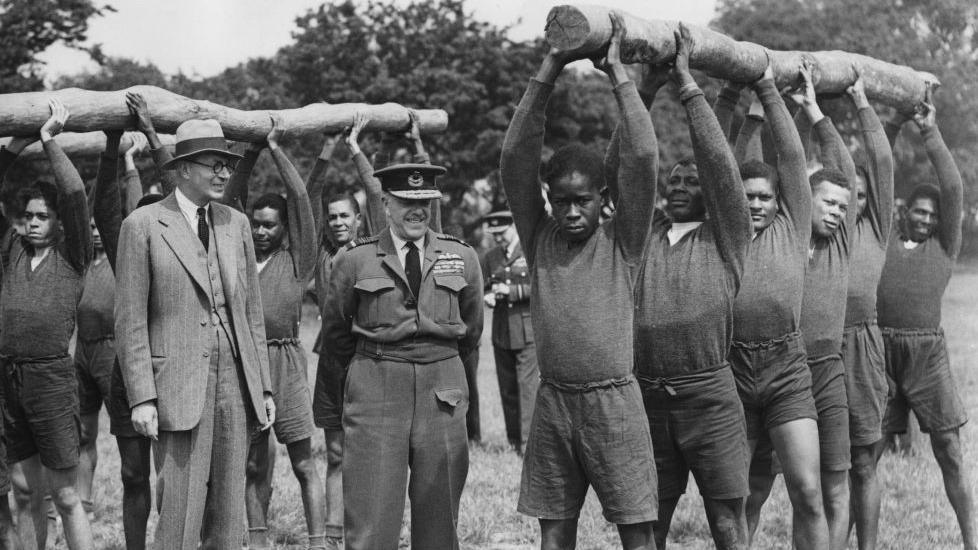'My RAF father wed a German gunner's daughter'
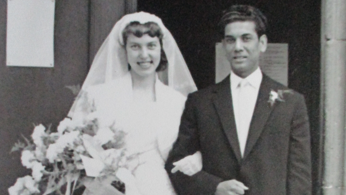
James Williams married Roswitha Schlitter in Frankfurt in May 1956
- Published
As Black History Month draws to a close and Remembrance Day nears, the life of James Raphael Williams - a Royal Air Force volunteer from Trinidad and Tobago -is being remembered as a powerful symbol of reconciliation and shared sacrifice.
Leading Aircraftman Williams was one of thousands of West Indian volunteers who answered Britain's call during World War Two, training at RAF Hunmanby Moor in East Yorkshire.
His journey from Port of Spain to the heart of wartime Britain is now commemorated at the International Bomber Command Centre (IBCC) in Lincoln, where a stone plaque bears his name.
LAC Williams enlisted in the RAF Reserves in 1941 and arrived in Britain three years later, just before the D-Day landings.
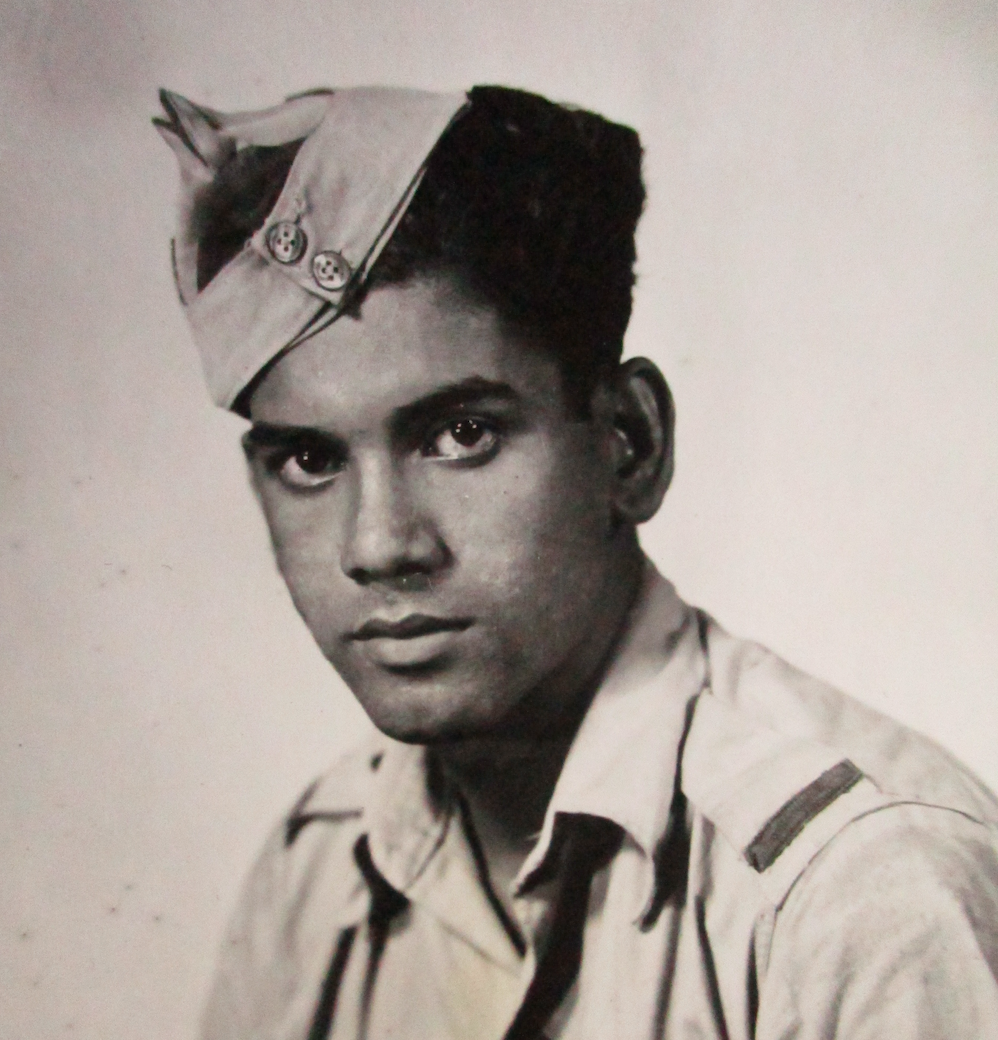
James Raphael Williams joined the RAF Reserves in Port of Spain, Trinidad in 1941
He served as a radio and radar technician, working on aircraft such as the Lancaster, Mosquito, and Dakota.
His technical expertise helped keep Britain's bombers airborne during some of the war's most pivotal moments.
But while LAC Williams was part of the Allied forces fighting against Germany and her allies, another man—Rudolf Schlitter—was manning an anti-aircraft gun at the Mohne Dam during the Dambusters Raid of May 1943.
Their paths would cross in an unexpected way after the war.
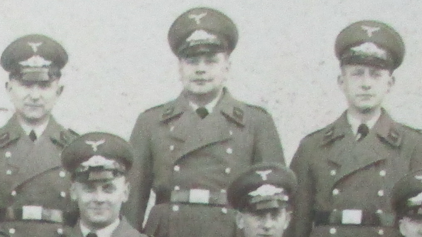
Rudolf Schlitter (centre) was a corporal in the German Army
In post-war London, James met Rudolph's daughter, Roswitha, at a cricket match. She was working as an au pair. The couple married in 1956, bringing together two families once divided by conflict.
Their son, Rolf Williams, now 59 and living in Lincoln, has spent years researching his family's history.
He described his parents' union as "a symbol of reconciliation in post-war Europe."
"My father volunteered. He didn't have to come here and do this," Rolf said.
He remembered his Grandfather was always keen to remember the human cost of war.
Rudolf, who visited England every Christmas, often spoke of the 1,600 civilians who died in the flooding caused by the Dambusters Raid.
"He was quick to say, 'your guys did all right on the night, but here was the price that was paid,'" Rolf recalled.
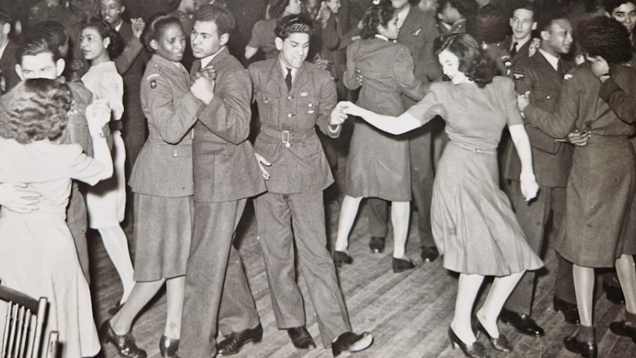
James Williams (centre) dancing the Jitterbug at the West Indian Christmas Party in London in 1945
Rolf Williams hopes his father's story will inspire reflection on the diverse contributions to Britain's war effort.
"What this centre is all about is commemoration of these tragic events," he said, gazing at the IBCC's memorial spire.
"There were no winners—everyone suffered. But it's also about putting this behind us and building a better future."
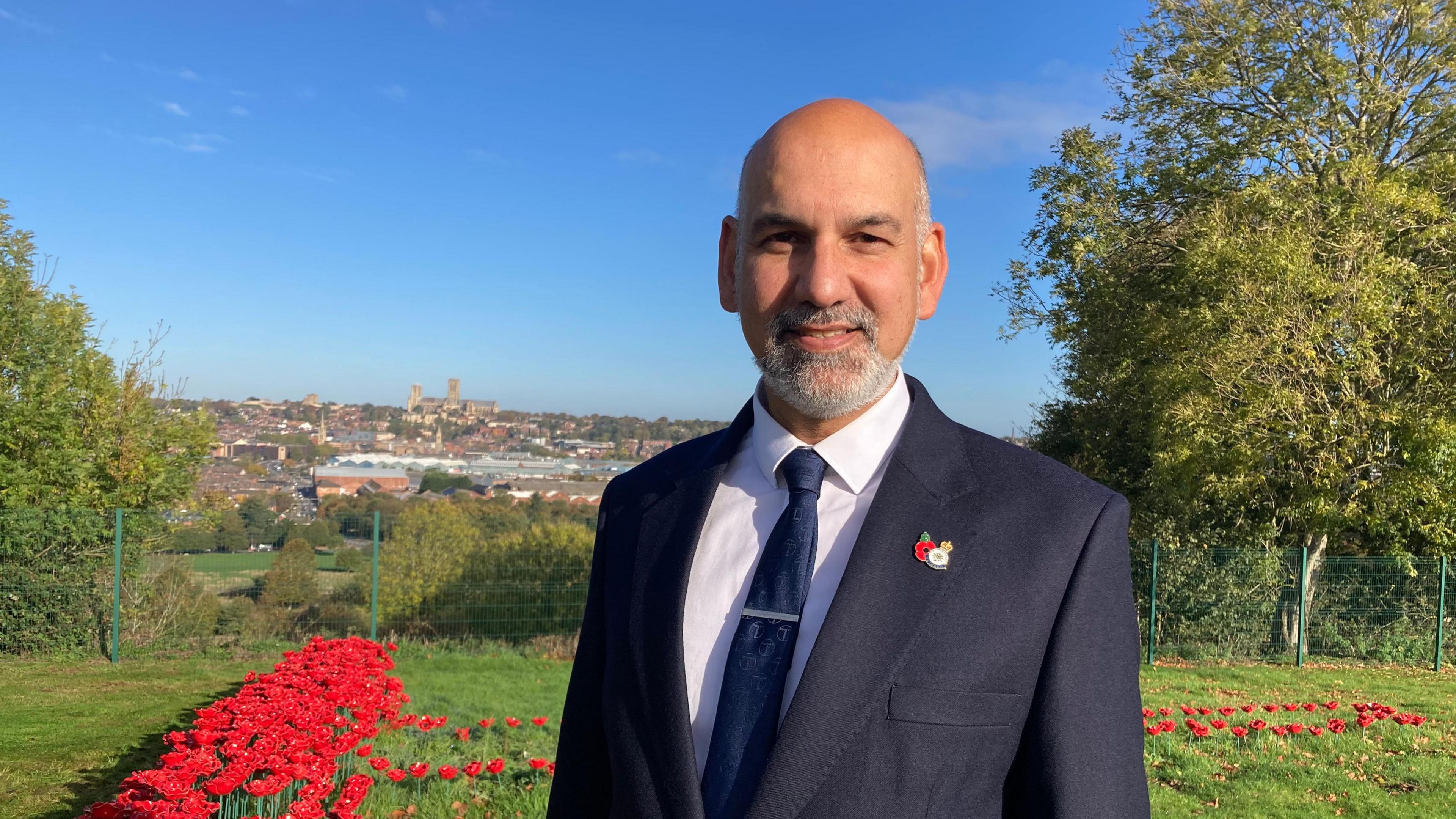
Rolf Williams was named after his German grandfather
Rolf, named to honour his German grandfather, will give a talk about his father's wartime role at the IBCC on 8 January 2026.
He said the centre and the newly unveiled Lancaster bomber statue at Norton Disney serve as reminders that, in the end, "we all came together."
Listen to highlights from Lincolnshire on BBC Sounds, watch the latest episode of Look North or tell us about a story you think we should be covering here, external.
Download the BBC News app from the App Store, external for iPhone and iPad or Google Play, external for Android devices
Related topics
- Published17 May 2013
- Published15 May 2013
- Published29 June
